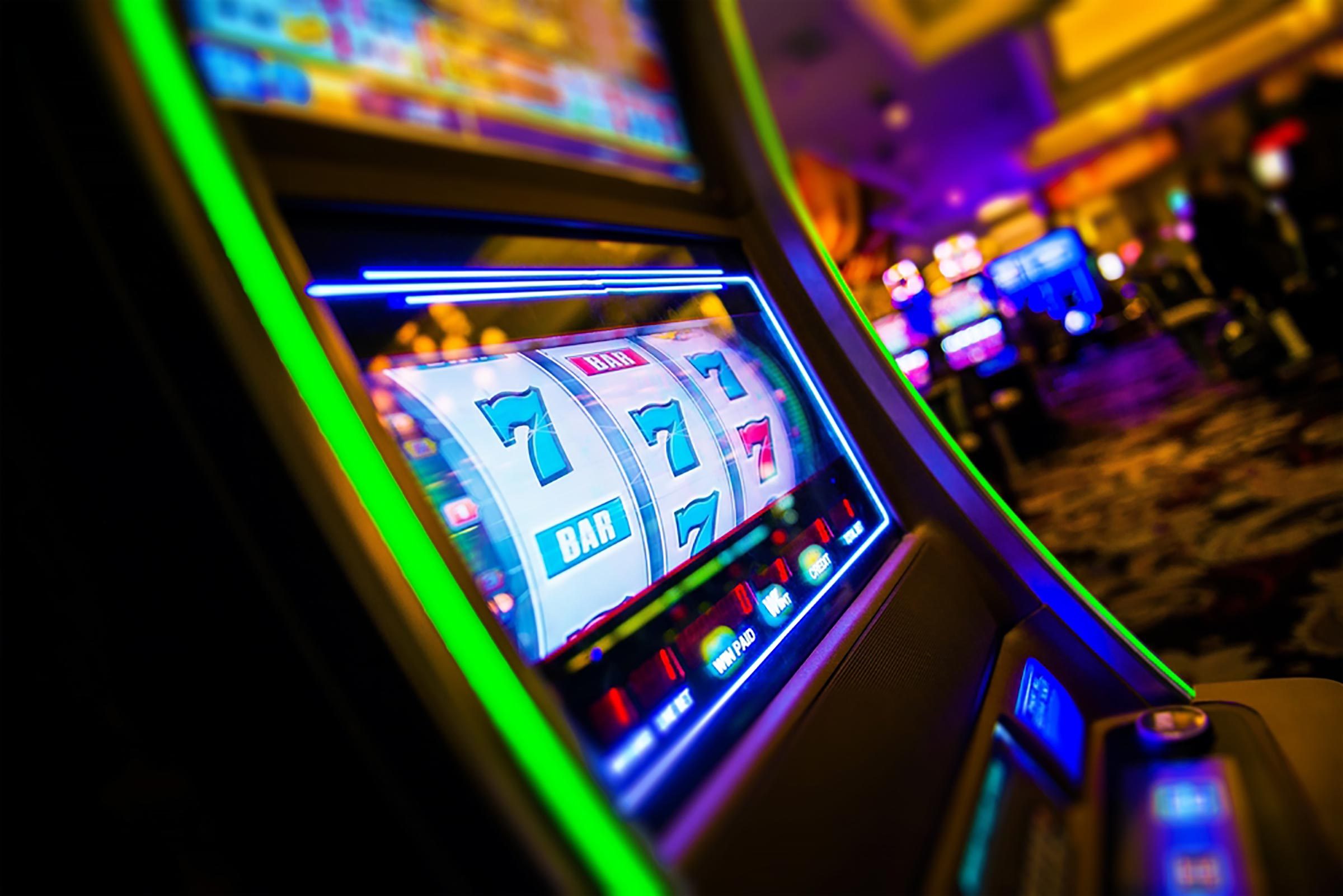
Casino games have long captivated players with their unique blend of adrenaline and anticipation. From the dazzling lights of slot machines to the tactical decisions of card games, these games offer multifaceted encounters that attract a large audience around the planet. While chance plays a major role in numerous these games, expertise can also be a deciding element, especially in those that require strategy and decision-making.
The interaction between luck and ability is a captivating aspect of casino games. For some players, the thrill comes from the randomness of a reel or the shuffle of deck, while others thrive on mastering techniques and honing their methods. Grasping how these two elements interact can elevate the overall experience and affect how players engage with their favorite games. Whether you are a recreational gamer or a seasoned gambler, this exploration of casino games will reveal how chance and expertise work in tandem in an exciting environment.
The Role of Luck in Gambling Activities
Luck plays a crucial role in the outcome of many gambling games, often serving as the primary factor determining success. In activities like slot machines and roulette, gamblers rely almost entirely on luck, as the results are random and beyond their control. These activities are crafted to deliver excitement through the unpredictability of results, enticing players with the possibility of substantial wins even with the odds being against them.
Even in activities that incorporate skill, such as the game of poker, luck is an undeniable element. A player may have extensive knowledge and experience, but they can still encounter unforeseen circumstances, like an unexpected turn of the deck. These instances illustrate how luck can impact the overall game flow, potentially shifting the balance in favor of less experienced gamblers at crucial moments. This interaction of skill and luck keeps the competition lively and exciting.
Moreover, the psychological impact of luck cannot be understated. Gamblers often find themselves experience a rollercoaster of emotions associated with victories and losing streaks. The thrill of a winning hand or the disappointment of defeat can deeply affect a player’s mindset and decision-making. This emotional investment often enhances the overall gambling experience, highlighting how vital luck is in casino games regardless of level of skill involved.
Skill-Based Strategies
In many casino games, players can significantly boost their chances of success through the use of ability-driven strategies. Games such as poker and blackjack are excellent illustrations where the decisions a player makes can influence the outcome. jiliko Understanding the basics of these games, including the odds and the possible strategies, allows players to make knowledgeable decisions that can lead to greater favorable results. Knowledge of card counting in blackjack or analyzing opponents in poker can create an advantage over less experienced gamblers who rely solely on luck.
Another essential element in ability-driven tactics is the capacity to manage your funds efficiently. Setting limits on how much to wager and knowing when to quit can prevent gamblers from making impulsive choices fueled by feelings. This discipline is vital in titles where the swings can be significant. By establishing a solid budget and adhering to it, gamblers can extend their gaming session and increase their chances of taking advantage of favorable situations.
Moreover, studying and rehearsing techniques can further enhance a gambler’s abilities in various casino games. This includes analyzing past games, gaining insights from mistakes, and exploring resources such as books or online guides. Engaging in practice games or trial runs allows players to refine their tactics without the pressure of losing actual money. Together, these ability-driven tactics not only make the gaming experience more enjoyable but can also lead to consistent wins in the long run.
Finding the Right Balance
When exploring the universe of casino games, players often find themselves at a crossroads between chance and skill. The attraction of games such as 21 or poker lies in the strategy involved, in which participants can employ strategies to boost their odds. Unlike one-armed bandits, that are purely based on luck, these table games reward those who dedicate time in learning the nuances of gameplay. Grasping the rules, odds, and tactics can significantly impact a player’s performance, making skill a vital component in these titles.
On the other hand, games such as the roulette wheel and chemin de fer primarily rely on chance. Although players can use wagering techniques, the result ultimately hinges on the roll of the dice or the twirl of the wheel. This uncertainty can be thrilling, causing some gamblers to favor the rush that comes with relying solely on fortune. For many, the unpredictability of these games adds to the thrill, creating a distinct environment within gambling establishments that draws in patrons, eager for a chance to hit it big.
In the end, finding the right equilibrium between luck and strategy is a individual journey for each gambler. Some may flourish in the complexity of 21, while others may relish the rush of a fortunate spin in the roulette wheel. Gambling titles offer a rich variety, allowing individuals to choose their desired experience. Understanding where one feels most at home amidst this structure can enhance enjoyment and possibly lead to increased success at the gambling tables.